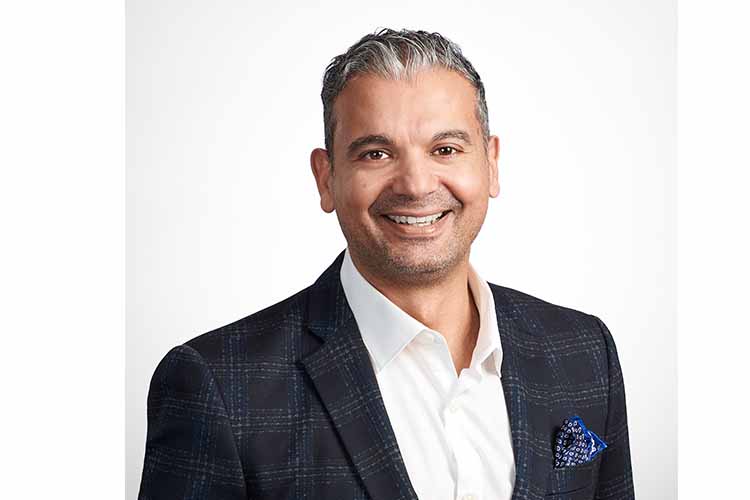

In this exclusive interview, Joseph Nakhla, CEO, of Tribe Property Technologies, talks about how they cater to managing almost $ 20 billion worth of assets.
December 14, 2022 | Megha S Anthony | Canada | PropTech

Tribe Property Technologies has been one of the fastest-growing property management companies in Canada. Having just been awarded the 2022 Deloitte Technology Fast 50™ and Fast 500™ is a reflection of their performance financially in the last three to four years. Having always known that there is a massive need for the approach they have been taking, the response to Tribe Property Technology has been fantastic. They have gone from zero assets in late 2017, to almost $20 billion worth of assets under management today.
Megha S Anthony, Senior Editor, REM Times interviews Joseph Nakhla, CEO, of Tribe Property Technologies. He gives an insight into Vancouver’s PropTech industry and the challenges that still need to be addressed.
Q1. Can you tell us the vision behind Tribe Property Technologies?
We know people expect more from their homes, buildings, and amenities. At the same time, there is a movement toward greater regulation. In North America, larger master-planned communities are becoming the norm. This means greater complexity.
All of these trends point to a desire for access - access to data, services, information, and people. Historically, within multi-family residential community living, there have been disparate islands of data and services available. We could see the massive benefit and the business opportunity to deliver this access under one umbrella.
Tribe’s vision is to allow homeowners to access everything they need with the click of a button, changing the way people experience community living, connect with their neighbours and interact with their homes. Whether their home is brand new, if they want to sell it, buy it, have it managed, and so on – we can help them access what they need, when they need it simply and elegantly.
Q2. We’ve noticed Tribe is very active in M&A. Why is that an important part of your strategy?
The industry is incredibly fragmented in North America and we are pleased with the organic growth and lead generation that we have. A big part of our business thesis is acquiring traditional property management companies and converting them to our service delivery model and improving their gross margin which allows us to expand our footprint in those markets. We rebrand them, put in our technology and the result tends to be a better performing asset financially, with better service delivery for our homeowners.
Q3.Are there still some challenges that need to be addressed?
We still think the delivery of the brand new home could be smoother – selling and buying your home and all the documentation around it could be more efficient, accessing natural home services like condo insurance, lending, renovation, and even lifestyle services such as food delivery or cleaning – could be made a lot easier by leveraging the density every building represents.
Q4. Can you shed some light on how the PropTech Industry evolved in Vancouver?
PropTech for us is how people interface with their homes, and how homes and buildings are managed. Within that context, we have seen a significant emphasis on digitization, which was expedited by the COVID-19 pandemic and the need for greater digital ability when it came to booking building amenities, getting information, and connecting with neighbours. We are also seeing a significant move towards a marketplace, where people who live in these managed communities are looking to trust their service providers to leverage group buying power to deliver products and services that support not only their daily living needs but the efficiency and health of their building and community-at-large. We are also seeing a significant amount of activity around lowering the carbon footprint of multi-family communities, while still addressing the capital expenditure and capital outlay they need to operate – services like EV solutions, sub-metering, more efficient lighting, water consumption and so.
Q5. Dubai’s real estate sector is the most “transparent” in MENA. How transparent is the Canadian Real Estate sector and what are the factors that have influenced this and supported the transparency of the sector?
I’ve had the pleasure of visiting Dubai several times, and I have been incredibly impressed with not only the architecture and skyline growth but with the country’s desire to ensure that investors and residents of the city are well-informed and well-protected. Many would say British Columbia (BC) – the Canadian province where our head office is based, is arguably the most regulated jurisdiction in North America. It is governed by a Real Estate Act that really understands the complexities of condo living and works hard to ensure that a fair, balanced, and transparent approach to condo management is in place, inclusive of trust accounts, audits, and disclosure of revenue from all stakeholders in the ecosystem. We consider the BC Condo Act as one of the most transparent, and we are seeing the exportation of that act now, with aspects of it being embraced in other provinces and states in North America.